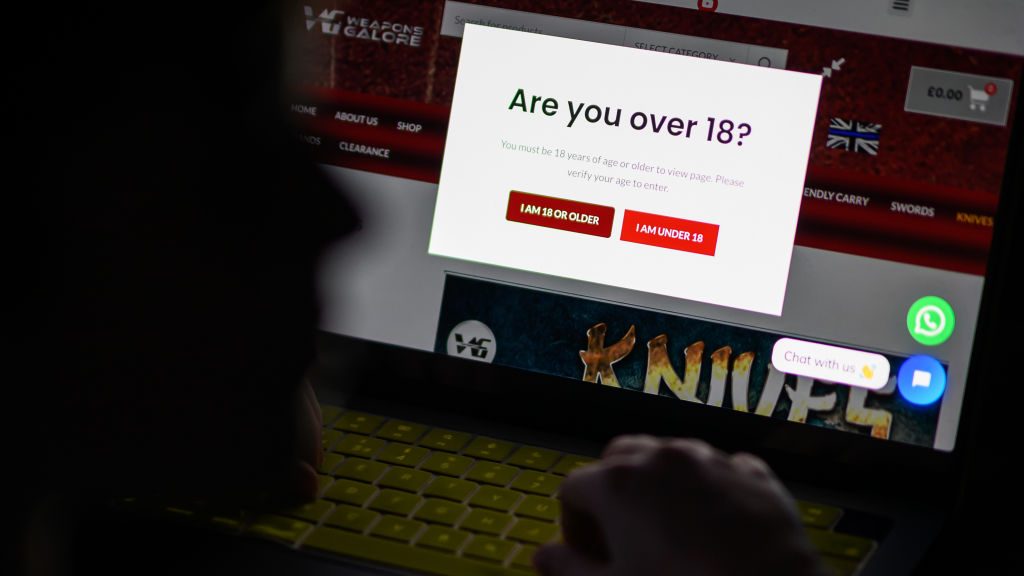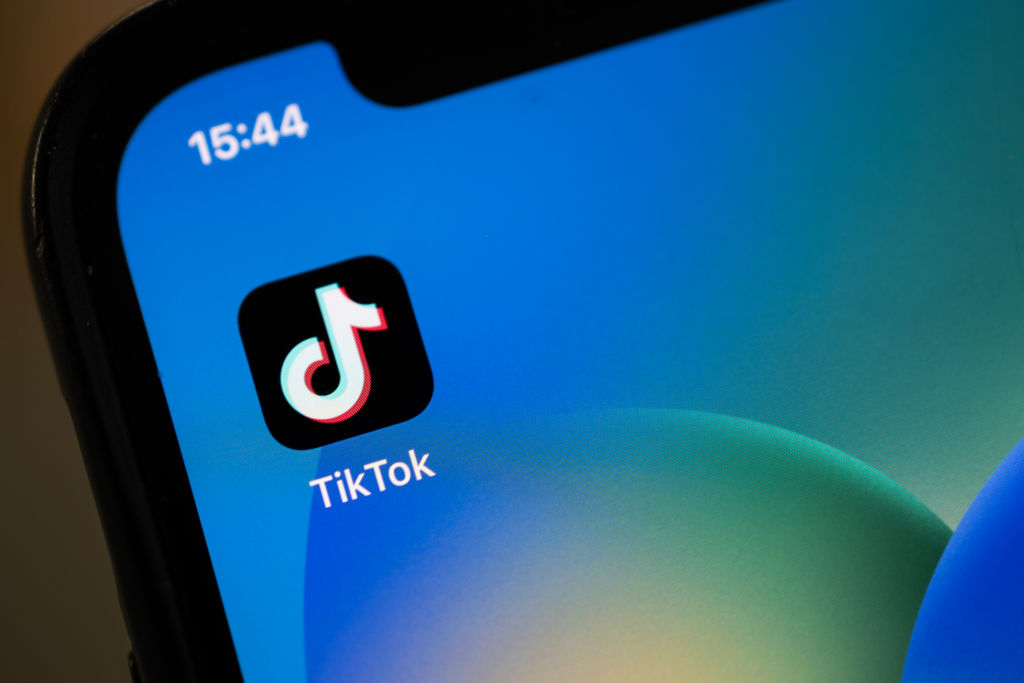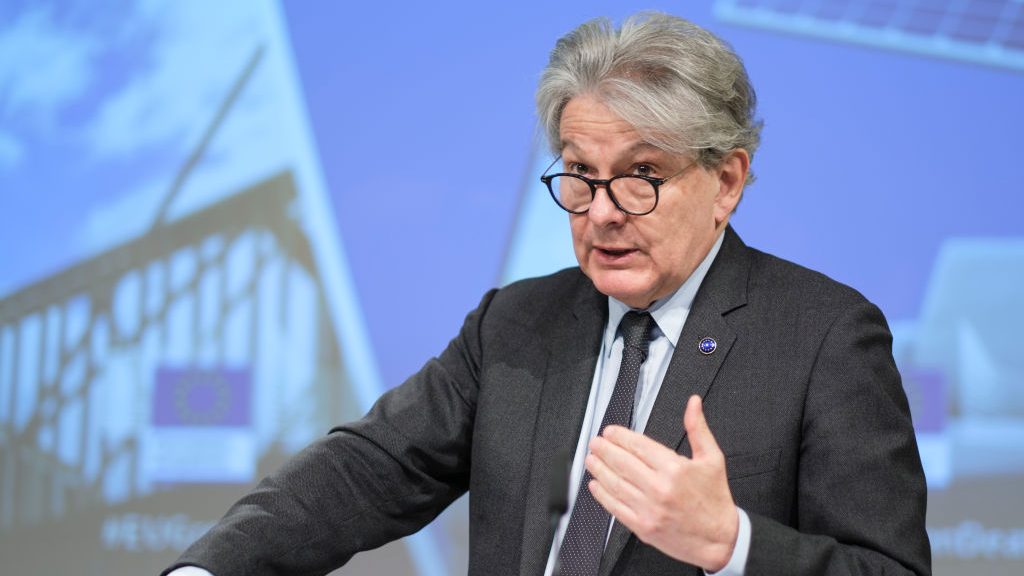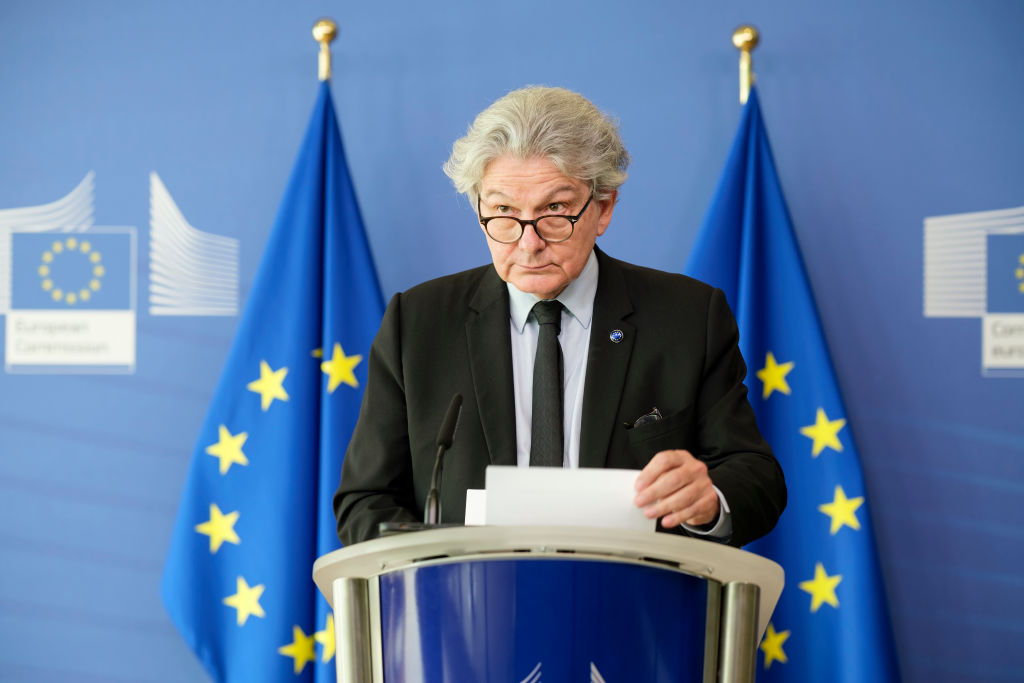Meta, the owner of Facebook and Instagram, has announced changes to its social media platforms in response to new European Union censorship laws coming into force.
The Big Tech organisation is the latest to implement such changes ahead of the EU’s Digital Services Act (DSA) coming into force regarding a number of “very large online platforms” later this month.
Speaking about the reforms, former UK deputy prime minister and Meta’s current president of global affairs Nick Clegg praised the EU’s new censorship rules in a press release detailing the changes.
“Meta has long advocated for a harmonised regulatory regime that effectively protects people’s rights online, while continuing to enable innovation,” the former Liberal Democrat leader and Remain campaigner said.
“For this reason, we welcome the ambition for greater transparency, accountability and user empowerment that sits at the heart of regulations like the DSA.”
As part of the changes, both Facebook and Instagram will apparently make it easier to report “illegal content” on the platforms, with Clegg also promising a more robust appeals system for EU users.
The former politician added that it was “critical” that the DSA “maintains its primacy over existing and new national laws”, arguing that only Brussels’ control of censorship in the EU could ensure the legislation’s success.
Efforts to censor the internet in Europe must be left to the European Union and its Digital Services Act, the European Commission has told France. https://t.co/C6RmyA6Swa
— Brussels Signal (@brusselssignal) August 3, 2023
The Meta announcement follows a similar press release issued by TikTok earlier this month, with the platform promising to censor so-called “hate speech” to meet the demands of Brussels.
TikTok, Facebook and Meta will all soon be legally required to implement the new EU censorship rules, having been designated as VLOPs earlier this year.
The designation bestows additional legal requirements for social media platforms operating within the bloc, with those that fail to meet such obligations facing the possibility of substantial fines as well as being completely axed from the EU internet.
Speaking to Brussels Signal, a spokesman for the European Commission said that the grace period for all of the designated platforms – which also includes Elon Musk’s Twitter, now X – is due to expire on August 25, although some platforms may have an additional few days to get their acts together.
“The DSA obligations start to apply to each designated service 4 months after notification,” the spokesman said, adding that “for the first batch of 19 Very Large Online Platforms/Search Engines, notification took place on 25 April”.
“This means that in principle, the deadline is 25 August,” he said, adding: “In practice, however, this date may vary slightly.”
The Europe Union’s Digital Services Act (DSA) will help protect children from pornography, according to EU internal market commissioner Thierry Breton. https://t.co/sQskX5bBQX
— Brussels Signal (@brusselssignal) August 11, 2023





